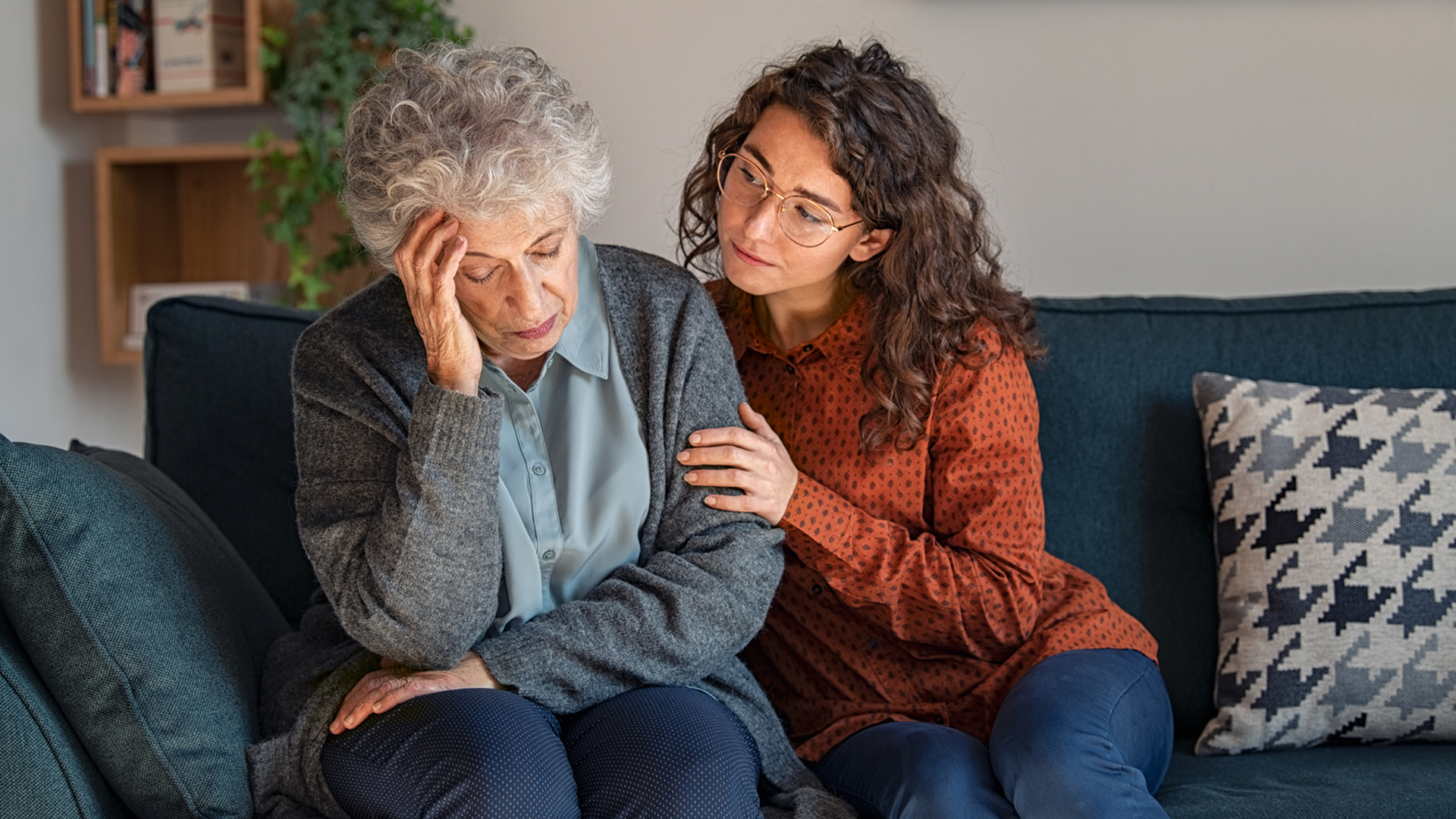What is a Breast Cancer Recurrence?
A breast cancer recurrence happens when cancer returns after the initial treatment. This can occur in the same place as the original cancer (local recurrence) or in other parts of the body (distant recurrence or metastasis). Recurrences can happen months or even years after the first diagnosis and treatment,
A breast cancer recurrence is utterly devastating for a woman who has bravely endured the rigors of standard care treatments and all their harsh side effects. After facing such challenges, a recurrence is a very heavy blow, reshaping her journey and resolve in unimaginable ways. Roxann knows, she had not one but TWO recurrences before tasting victory. If you have had a recurrence, don’t lose hope! We know you are disappointed and scared but triumph can easily be just around the corner for you too.
Heartbreakingly, statistics reveal that about 30% of women who succumb to breast cancer lose their fight due to recurrence. This sobering figure not only highlights the relentless nature of this disease but also underscores the critical need for lifestyle changes to avoid her re-exposure to the initial cause of her breast cancer. BCA believes women can substantially curb this unacceptable statistic of 30% by making specific lifestyle changes. Below are BCA recommended lifestyle changes.
All of these TOGETHER created a synergistic effect to spur Roxann’s success against her Invasive Lobular Cancer (ILC).
What Causes Recurrence?
Your doctors will tell you it is because all the cancer cells were not killed off in your initial treatment cycle. That may be true for some patients.
However, BCA believes that many recurrences are due to poor general health because of the chemicals in our environment: UPFs, water supply & daily use products, and medications women take, just for starters, that are re-exposing breast cancer patients to the reasons that caused her her breast cancer to begin with! And since your doctors’ answer to “how did i get breast cancer” is “I don’t know” – how is a patient supposed to NOT repeat their exposure? This is not to say what the doctors say is not true, however common sense says that a recurrence rate of 30-50% in general over a 5-15 year or later period is more likely due to re-exposure of the initial cause of the breast cancer.
Since chemical exposure is the culprit behind most breast cancers (less than 5% of breast cancers are genetic) and since THOUSANDS of chemicals in our everyday products and general living environment are proven to cause breast cancer, it only stands to reason that re-exposure to those same chemicals, since women have difficulty getting away from them and their doctors don’t give them any straight answers about what caused their initial breast cancer, that re-exposure would cause a new or recurrent breast cancer in an already vulnerable woman’s body.

Types of Recurrence
Local
A local recurrence of breast cancer is typically defined as cancer that returns in the same breast or in the surrounding chest in the same general area where it originally developed, after initial treatment. This includes the breast tissue itself, the skin over the breast, or the chest wall, the area under the breast where the breast was removed.
Distant
Distant Recurrence and “metastasis” are often misused interchangeably: they are not the same, having a subtle difference:
Distant Recurrence:
This is a breast cancer that has returned to the body in a place that is not in or near the initial tumor site, after initial treatment and but has not formed new tumors. This emphasis is the determining factor.
Metastasis:
This is where cancer cells have spread from the original tumor site to other parts of the body and formed new tumors in those other new locations. This emphasis is the determining factor.

Impact of Recurrence
The Physical Toll
The physical toll on your body can be tremendous depending on the treatment path you originally chose. Depending on your overall health you may have limited options for standard of care treatments.
At this point many women become open to other treatment paths other what that they initially decided upon.
BCA has included many treatment options so women have options. Pivoting when treatment effectiveness takes a detour is smart. Don’t be afraid to try something new. Seek out new advice – ask lots of questions. Get support.
The Emotional
The emotional impact of a recurrence is immense. It can feel shattering, demoralizing, and re-traumatizing, often bringing a sense of hopelessness. It’s overwhelming and paralyzing. If you’re facing a recurrence, know that you don’t have to go through this alone. You deserve all the support and care you need. Reach out to your closest support network quickly—don’t hide your feelings. Asking for help is a sign of strength, and having that extra support will help you get through this challenging time. You are not alone, and together, we can find the resilience and courage to face this journey.
Support Groups
Breast cancer support groups are truly a gift! Whether it’s online, via text, or over the phone, they all offer invaluable support. Connecting with another woman who has faced the same devastation you’re experiencing can be incredibly comforting – she made it through, and so can you! Reach out to your support groups. Talk to someone who understands. You don’t have to go through this alone. Isolation can make things harder, but finding that shared strength can make all the difference. Remember, there’s a whole community ready to support you every step of the way.”
And sometimes what worked for you last week isn’t what you need this week.
Download Duality for the times when your support network is not available – or you would just rather talk to a stranger.

BCA Key Steps to Help Prevent Recurrence
- Clean diet
- Exercise
- Avoid EDCs
- Protect Your Mental Health
- Join Our Facebook Make Breast Cancer Your Bitch support group
- Pivot into a Combination Plan
- Consider a BCA Breast Cancer SmakDown PlayBook

Empower Yourself Now!
Your Cancer Beating Tool Kit!
Emotional Support is critical to your healing. Even if everything goes smoothly with your treatment a cancer diagnosis is stressful. Reach out to your support network to help you emotionally on a regular basis.
And use Duality to fill in the gaps!

References
- Frontiers in Nutrition (2023), Analysis found higher UPF consumption linked to increased risk of breast cancer.
- Northeastern University, Developed a mathematical model showing that exercise activates natural killer cells which help suppress tumor cells
- Breast Cancer UK, EDCs interfere with hormone regulation, particularly estrogen, which plays a key role in breast cancer development.
- Acibadem Health Point, Stress management techniques boost immune function, lower inflammation & improve recovery for cancer patients

